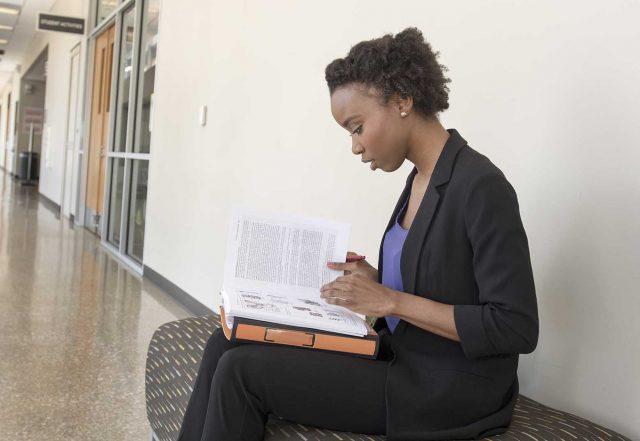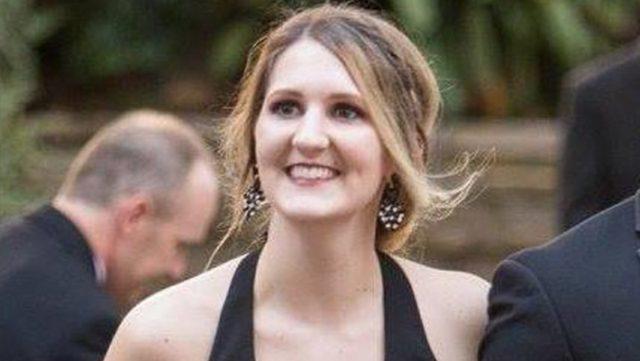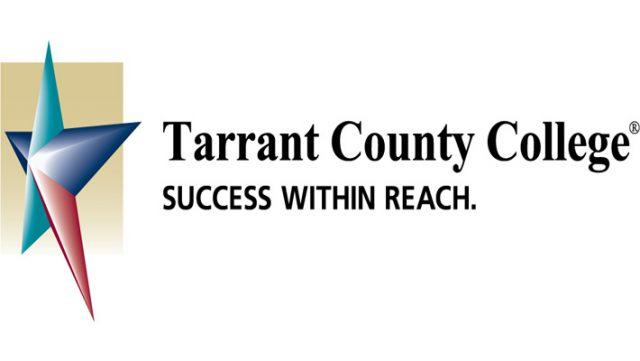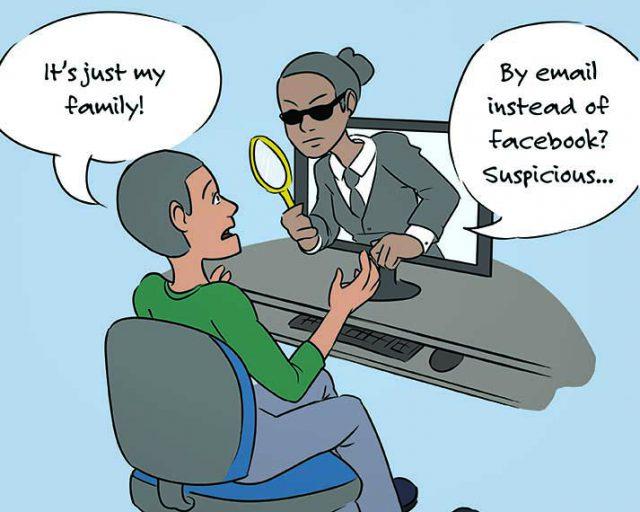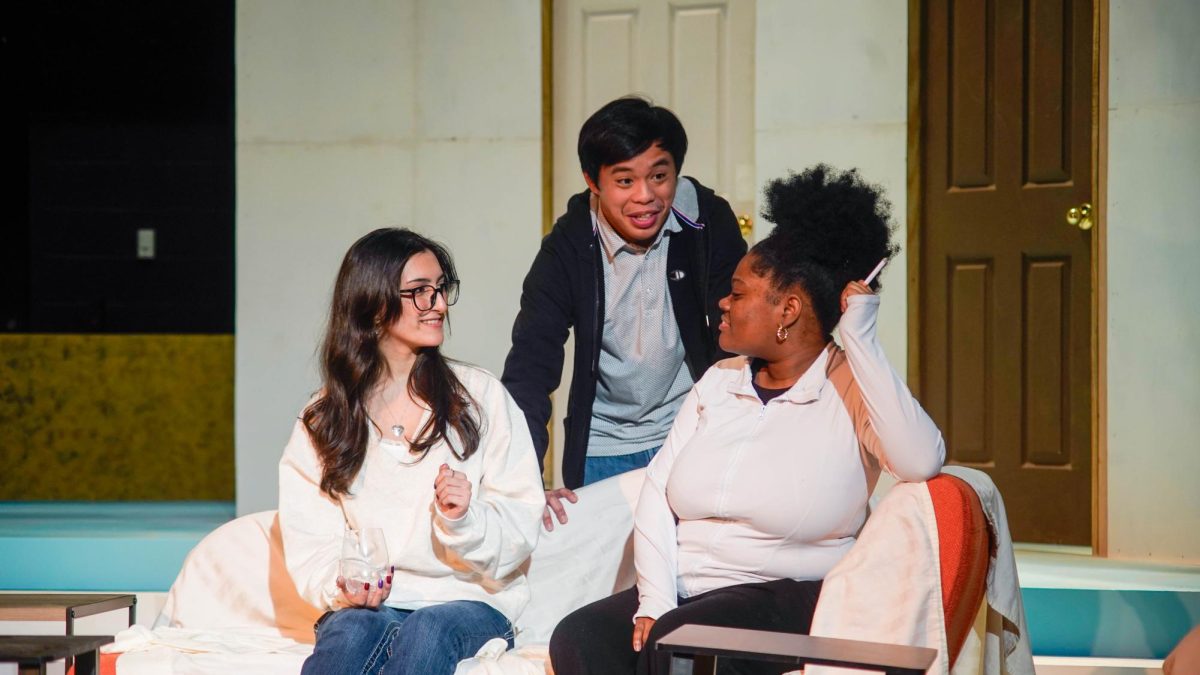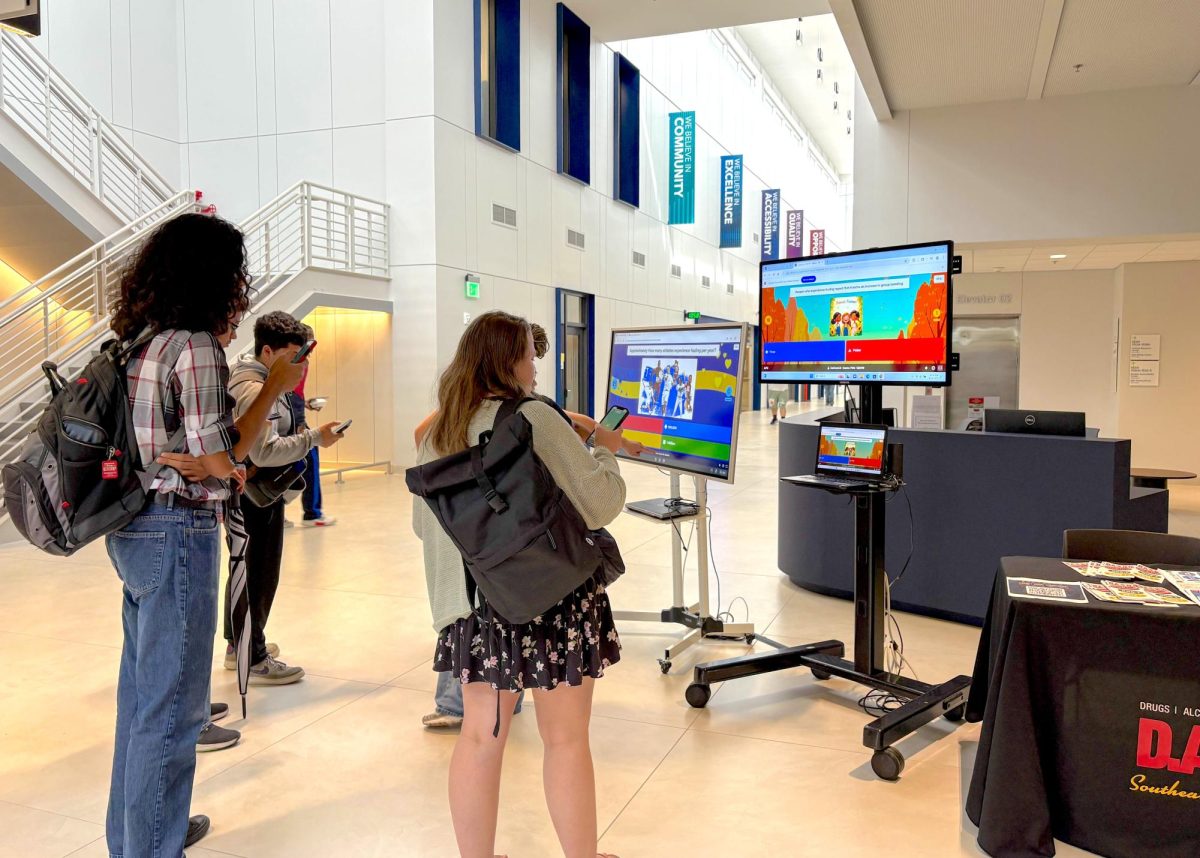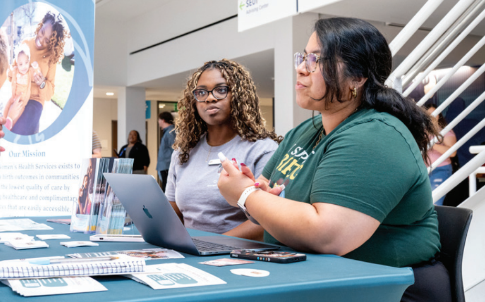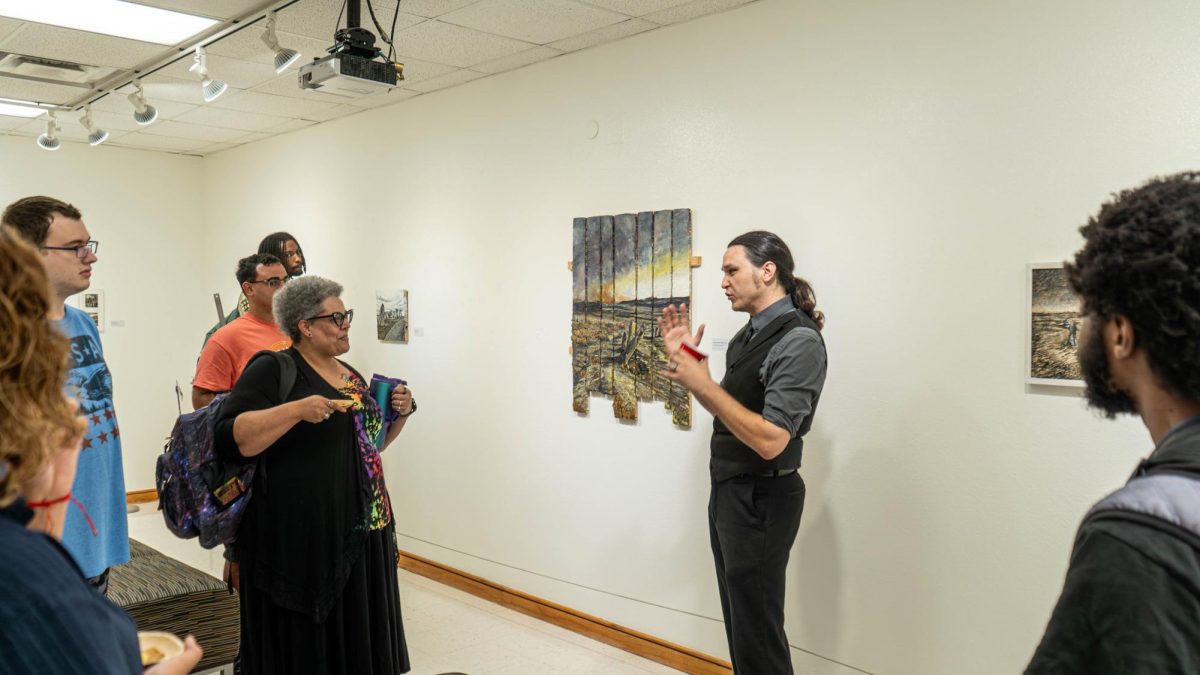By Isabelle Zhu/ reporter
Shailaun Manning has makeup and lipstick on her bright and beautiful skin.
She doesn’t need to wear high heels to reflect her noble temperament. Even a simple dress looks nice on her.
A SE Campus student now, Manning not long ago was holding a thick picture book and a bottle of juice while walking around the streets of New York, where she lived.
Manning thought about being a Victoria’s Secret model, but something bigger than her weight made her forget about it.
“One, the color of my skin. Two, the way that I’d like to wear my hair,” she said.
To be a professional runway model, she said she not only has to starve herself but also has to give up who she is.
“There were no African-American models with natural hair that have ever been a Victoria’s Secret model,” she said.
Tyra Banks, once a Victoria’s Secret model, used to talk about this on her TV show.
“Tyra talked about discrimination against her because of her skin,” Manning said. “Some people just get lucky, in my opinion.”
Manning just signed a new contract with the Kim Dawson Agency in Dallas.
“She is very beautiful and professional,” her new agent Melissa McQueen said. “She also has a wonderful resume and very good spirits.”
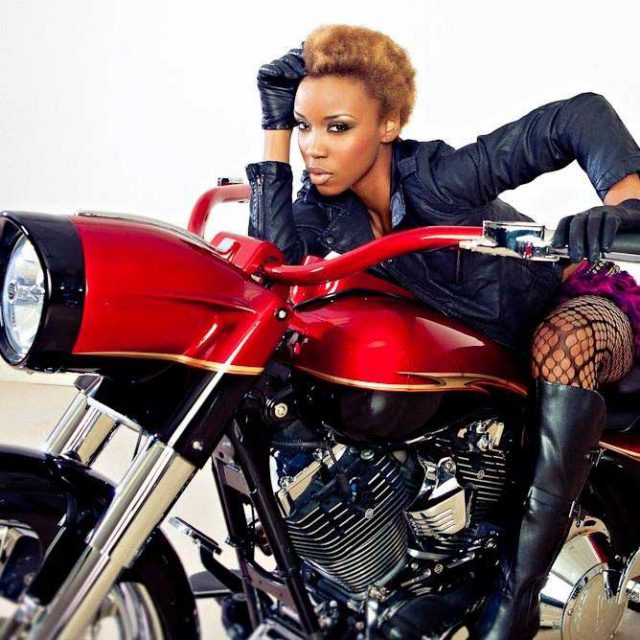
Courtesy Quoc Cong/Pickard USA
Being a model was Manning’s childhood dream.
“For the longest time, I have always been interested in being in the light,” she said.
When she was 7 years old, she put on a beautiful dress and a hat, walked into the living room, and put Whitney Houston’s “I’m Every Woman” on the CD player. She made a runway out of her hallway. Once the song got to the big part, she walked out and put her hands on her hips.
“I was just doing all these flickering of my hair that really wasn’t there,” she said. “I was being a runway model right there in front of my family.”
Her mother, June Manning, said every time they went out to the mall, scouts would give her business cards, saying they wanted little Manning to model for them.
“I was pretty nervous,” her mother said. “So I threw the cards away.”
Manning never gave up until another chance came when she was 14 years old and the Barbizon Modeling School offered her a scholarship to learn how to become a model.
“I met some really amazing people in the school once I graduated,” she said.
Manning credits Willie Johnson, the runway coach from Barbizon, for her success today.
“He gave me opportunities outside the school when I graduated to audition for other fashion shows,” she said.
Johnson invited an agent to come to a fashion show, and that’s how she met her first agent Dinette Linicomn, she said. Linicomn wanted her to become a commercial model, modeling on TV more than the runway. But Manning wanted to become a runway model at the beginning.
After she graduated from Barbizon, she auditioned for the Vogue Esquire Models Company and went on the national touring runway show called Sepia Fashion Revue for three years.
“When I received the 2008 Model of the Year award, I was like, ‘Yeah! You know, I’ve made something. I have accomplished something,’” she said.
She also won the Simply Afrosheek competition in 2009.
“I won the popular vote and the judges’ vote,” she said.
In addition, when she was 22 years old, she went to Africa to model in the first Malabo International Fashion Week without her family and friends.
“I was the first African-American model in this show,” she said. “It meant a lot.”
Some agencies told her she should go for commercial modeling or print modeling because she wasn’t skinny enough to be a successful runway model.
“I am 5 feet and 10 inches, and I weigh 135 pounds,” she said. “I literally have to be underweight in order to do that.”
As a commercial model, she is only in commercials and print advertisements such as on billboards or in magazines. She took pictures for various magazines, including Ebony, Afroelle and Fault.
“I can stay myself but just work out and stay fit,” she said. “We get paid in that more than the runway models.”
Manning is still fighting today with everything that she does.
“I am a representative African-American woman who is strong and confident,” she said. “I know that young people look up to me, and I want to show them to be fearless, be confident.”
She wants to become a leader to show African-Americans how to be successful.
“If I go out and work 10 times harder along with other African-American models working 10 times harder to get to a certain level, then maybe we will make it easier for the people to come, so they don’t have to work that hard,” she said.
Her mother said she works hard to balance her modeling career and her education.
“She works 24 hours and all day long sometimes,” she said.
Models can be vulnerable without agencies and families to protect them. For example, some photographers might ask models to do things that they don’t really have to do.
“But people do it because you might think that this is what it is going to take for them to be successful,” she said.
For example, some photographers would shoot models for free if they feel those models have something valuable to bring to their portfolios.
“If you can pose really nicely, then you benefit to them,” Manning said. “I have some of these offers.”
One time, a guy wanted something more after their shoot and not necessarily a relationship.
“He wanted the boom-boom,” she said.
Manning did not give him what he wanted. She cannot work with him even now even though she has forgiven him.
“It was a really awkward situation,” she said.
Manning’s mother is not only a good friend but also a life partner.
“She was pretty mature,” Manning’s mother said. “Actually, she shared a lot of with me to help me to get relaxed, to help me to understand.”
When Manning was 17, people would ask her to go topless on most photo shoots, she said.
“In the beginning, I was very scared, nervous and uncomfortable,” she said. “But there were some photographers said this to me, ‘Hey, if you want to be successful, you have to be willing to bare it all. A model shows everything.’”
The one time she agreed to such photos, she wore underwear. After she saw the photos, she realized it wasn’t what people want.
“I learned that I don’t need to do it,” she said. “Then I didn’t do it anymore.”
It was a journey for Manning to transform into the model she wanted to be. The biggest obstacle she has faced has been learning to be responsible and to build security wherever she is, Manning said.
Manning wanted to go to school a long time ago, but because of the modeling, she didn’t have the chance.
Her ex-boyfriend, Kurt Agomuo, supported her decision.
“He is a lawyer. He convinced me to go to school,” she said.
Even with models, money is an issue. One job took four months to get her check.
“I have to have more than one job. Kurt saw me struggling on the money problem,” she said. “He told me, ‘You need to go back to school, being in charge of your own life.’”
She started out as a business management and marketing double major.
“I chose those because they allow me to be a business owner, to be a leader,” she said.
She has applied to the University of Texas at Austin and plans to change her major to advertising, which will allow her to be more creative.
“Somebody will see her for her worth and give her that break that she is looking for,” her mother said.






















